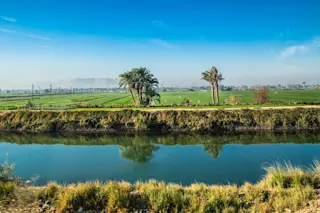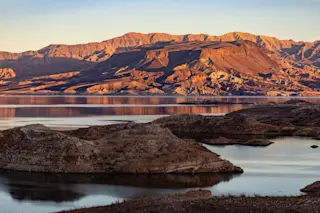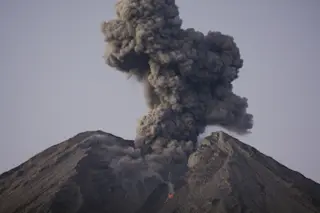(Inside Science) — Using climate modeling, a group of scientists have found that four closely timed volcanic eruptions around the world over 2,100 years ago might have led to less flooding of the Nile River, which would have deprived the valley of water needed for agriculture. A strain on farming could have contributed to revolts and social unrest seen in ancient Egypt at the time.
River flooding was "the lifeblood of a place like Egypt," said Joseph Manning, a historian at Yale University who specializes in Egypt's Ptolemaic period, which lasted from 305 to 30 B.C. Manning leads a broader Yale Nile Initiative that the modeling is a part of.
Ram Singh, one of the modelers and a postdoctoral research scientist with Columbia University's Center for Climate Systems Research in New York, and the NASA Goddard Institute for Space Studies, said that a lack of flooding could have contributed to ...














